‘Surround yourself with people that challenge you and take you out of your comfort zone’
By Tony Sanchez

In our latest Women in Finance Interview, Tony Sanchez speaks to Karen Delaney, Head of Investor Relations at TAB.
Karen is the head of investor relations at TAB where she works with private investors and family offices to understand their investment criteria, discuss property backed products, and report on their investments and overall business performance.
Prior to TAB, she worked at Euromoney with institutional investors across Europe to deliver investment intelligence and connect them to asset managers.
Born in Brazil, Karen moved to America where she graduated from The University of California, Santa Barbara with a BA degree in International Relations and History.
Having started her career funding and implementing human rights projects in Asia and Africa, Karen now sits on the board of The Advocacy Project, a Washington based charity that supports marginalised groups in the Global South. In her spare time, Karen teaches fitness classes across London.
What brought you into financial services?
After living and working in America for 10 years, I was ready for a career change and while I wasn’t set on a specific sector, I had built experience and achieved success working with people, more specifically reporting to stakeholders and fundraising.
I quickly found that those skills transferred well into financial services, in particular within investor relations roles, so that is how I ended up here. The rest is history!
What do you think makes a successful leader? And in particular women leaders?
One that leads by example and is therefore relatable. Leaders like Jacinda Ardern and entrepreneur Sarah Blakely come to mind, as they show you can be extremely successful and respected while also being open about everyday life challenges.
I think most of us feel some insecurities – from starting a new job, to delivering a presentation, to balancing motherhood with career – so when we hear successful leaders talking openly about these topics, we start to accept that these are not impediments to success and that if they can do it, why can’t we?
What are the biggest barriers you have faced in your career in financial services?
In my case I think age more than gender has ‘raised questions’ in new settings, but perhaps it’s the combination of both.
Nevertheless, knowing that I could be perceived as not as experienced meant I’ve always pushed myself harder and ‘did my homework’.
So in a way, these barriers and how I wanted to be perceived have shaped me professionally and have made me more confident along the way.
If you could tell your younger self one thing you know about business now, what would it be?
That at the end of the day – in whatever industry – it really is about the people, and the relationships you build along the way. Not only with clients, but also with coworkers and family.
So much of our time is spent at work, so it’s important to remember what we are doing and who we are doing it for.
At TAB, I am so lucky to spend time with such nice groups of like-minded, generous people, with similar values.
What’s your own personal mantra?
To be an active listener. I have learnt so much from listening to people from all industries, backgrounds, ages and walks of life, and many times have changed my mind about certain topics.
I love that and feel that I am constantly growing and evolving by being exposed to different points of view.
What do you think is key for finding a successful work-life balance?
Being organised, setting priorities and understanding that everyone has limitations.
In a fast paced industry it is important to switch off every now and then to avoid burnout and also to recharge and allow yourself time to think.
It’s easy to get lost with the day to day noise and get distracted by putting out fires, so time away allows me to think creatively and apply new strategies and ideas when I am back at work.
What’s one key leadership lesson you’ve learned along the way?
Owning up to your decisions, and learning from your mistakes. I think there is always a lesson to be learned from whatever outcome you have – successful or not.
What advice do you have for women aiming for leadership positions?
Surround yourself with people that challenge you and take you out of your comfort zone. Put yourself out there and know that no matter how much you know about something, you can always learn something new from others.
What do you think is holding women back?
I think a deterrent to some might be the fear that companies in the sector won’t be as flexible with maternity/childcare and will push one to choose between family or career.
While that still might be the case in certain places, I really think we’ve come a long way.
That doesn’t mean that there isn’t more work to be done, but almost organically it’s become obvious to companies the importance of diversity in the workplace – not only in gender – and how that translates to financial gains as well.
So as businesses, and indeed entire industries became aware of that, I think there is a conscious effort to be more flexible and understand individuals’ personal needs, to retain talent.
Do you think there is still a glass ceiling?
I think the road to success might look different for men and women, with perhaps more challenges to us.
Nevertheless, there have been plenty of women who have succeeded in the most cutthroat industries, such as finance and politics, in the most challenging, sometimes patriarchal societies.
So in a sense they have shattered the ‘glass ceiling’, for us, to the point that there might not be one anymore. We have them to thank for when we now think – and believe – that the sky’s the limit.
What are your thoughts on the Women in Finance Charter?
I believe that to create lasting social change, there needs to be a combination of grassroots/bottom up work, as well as macro/top down policy change, and the Women in Finance Charter is an important step in the latter category.
How do we encourage more women into financial services?
I think this goes back to setting a precedent. The more female role models we see out there, the more attractive and achievable these positions will seem.
And on the other side, the more women succeed in this industry, the more companies will make an effort to hire and retain that pool.
The gender pay gap is only second worst to the construction industry. What can organisations do to address this?
I think having an internal ESG policy, and having an ‘open communication’ culture can help.
As an industry I think transparency about remuneration and expectations could also help to address the gap.
What is your biggest achievement to date?
I am quite proud of having moved to a different country, on my own at an early age (15) – I think it made me more resilient and certainly more aware of how people live outside my circle/bubble if you will.



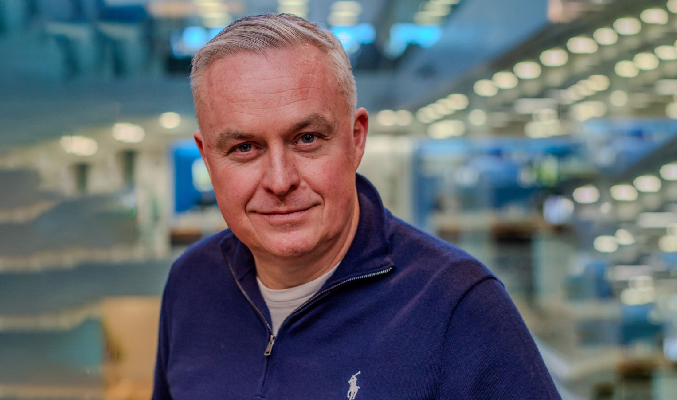


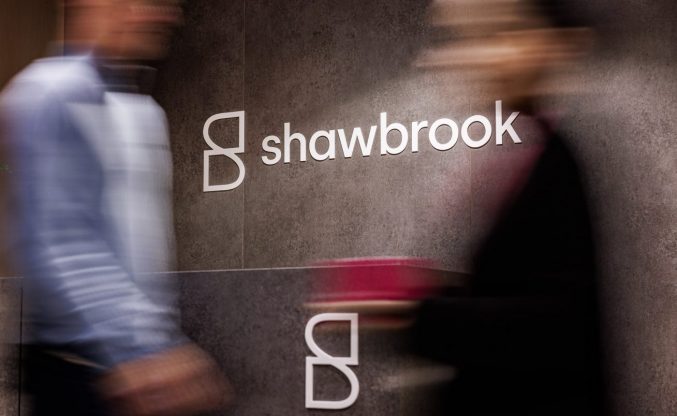
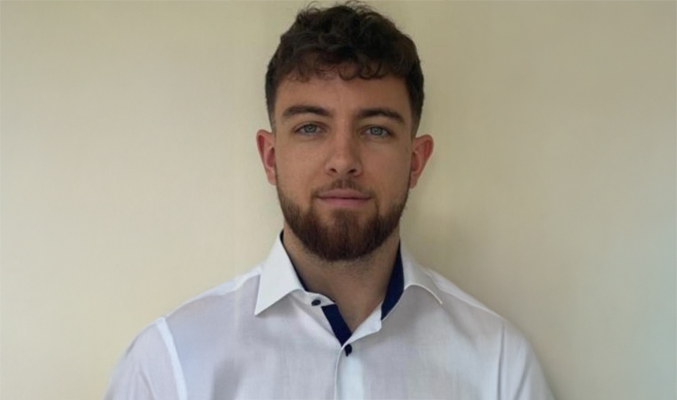
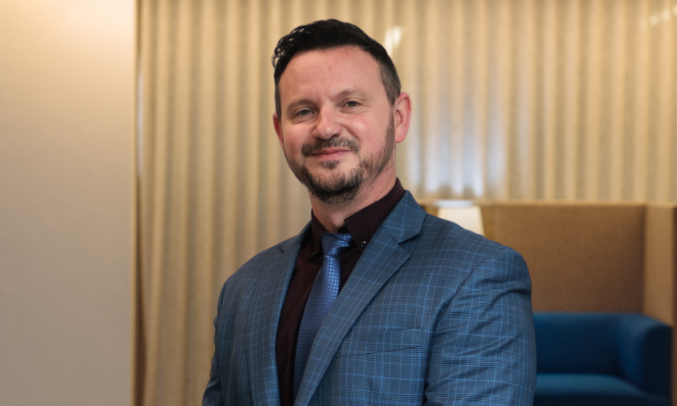
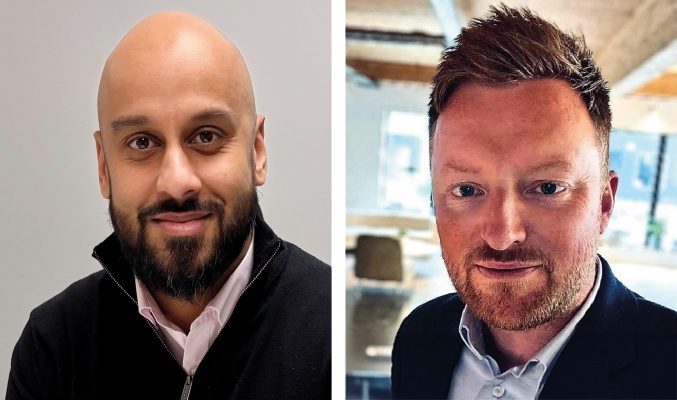
You must be logged in to post a comment.